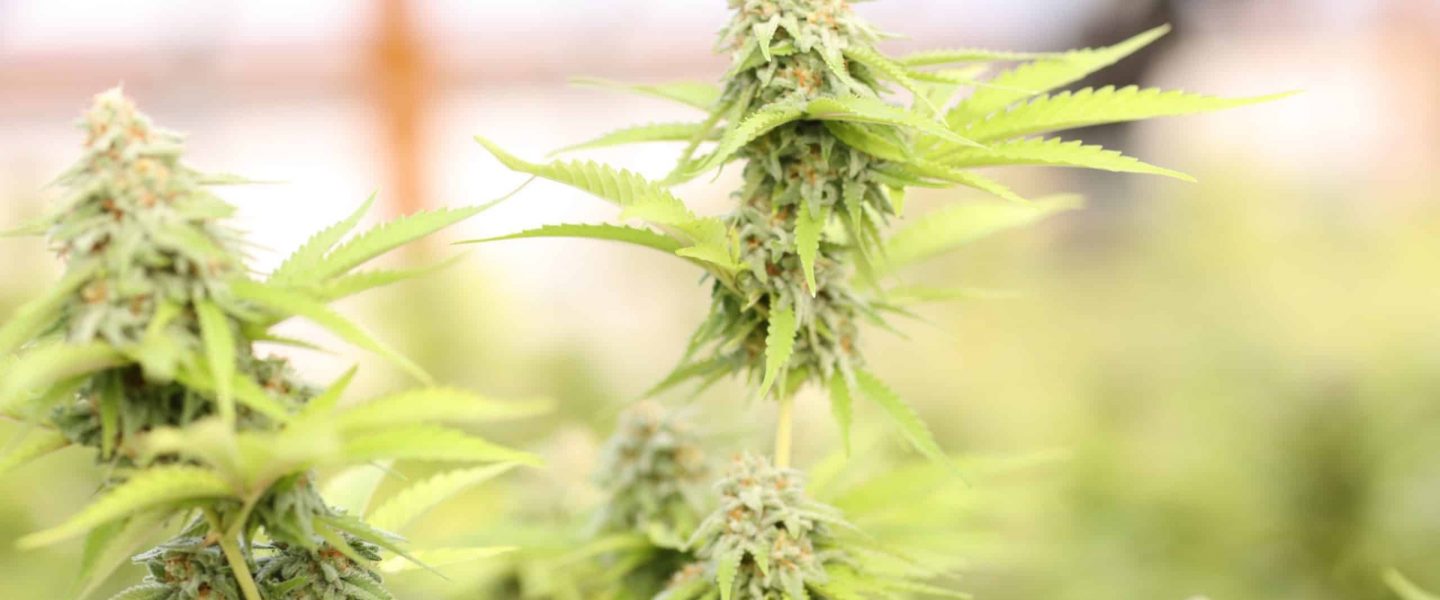 Gary Storck Has Been Fighting For Medical Marijuana In Wisconsin
Gary Storck Has Been Fighting For Medical Marijuana In Wisconsin
I came across a great interview via Madison NORML. Gary Storck has been fighting for marijuana reform in Wisconsin for a long, long time. After the recent victories during the 2012 Election, there has never been a better time to be fighting for marijuana reform in Wisconsin. Below is an excerpt from the interview Gary did for Capital Times:
The Capital Times: You’ve spent that last 15 years battling for medical marijuana. Now that Washington and Colorado have ended the prohibition on pot, does it make more sense to go for full legalization?
Gary Storck: I still believe that patients need to be taken care of first. But yeah I think that legalization would be better for medical users because then it wouldn’t be a forbidden fruit that only medical users have. And medical users wouldn’t be potential targets, and dispensaries and things like that wouldn’t be targets. They’d just be another business. So I think that anytime cannabis laws are reduced it gets easier for patients. Even decriminalization, as minor as that is, takes some of the fear out for patients possessing small amounts of cannabis for medical use.
CT: In 2009 most Democrats in the Legislature appeared to be lukewarm to medical marijuana. Now one of its biggest backers, Mark Pocan, is heading to Washington, D.C., to serve in the U.S. Congress. Have you found any lawmakers that are sympathetic to your cause?
GS: Rep. Chris Taylor has already indicated that she’ll be taking over writing the medical bills from Mark Pocan’s office, so that bill is already being looked at and revised from prior sessions. We have some names in mind but we haven’t really talked to anybody yet. So we’re going to go out there and try to see how they feel about this. I think it’s even worth putting the full legalization, tax and regulation out there and just see where it goes, just to have the discussion started.
CT: But you don’t seriously expect Republicans to advance a marijuana bill?
GS: Cannabis definitely isn’t on their agenda. But they do claim to be about jobs, and they claim to be about business. I’m not just talking about medical use and recreational, aka social, use. I’m talking about legalizing the hemp plant so we could have products like hempcrete and more hemp foods. There would be so many industries, and other states are going to be passing these laws and getting ahead of us. Wisconsin’s already experiencing a brain drain. Some of our best and brightest are in the states that have more lenient medical cannabis laws and now legalization laws. Why should a young person stay in a state and look for a job here when they could potentially get a felony for having a couple of joints?
CT: One of the most prevalent arguments against legalization is that marijuana is a gateway drug. Do you think that people who use marijuana are more likely to graduate to harder, more harmful, drugs?
GS: Some of the evidence that’s developed from medical use shows the exact opposite. I have a friend in California, he’s a retired Army thoracic surgeon, Dr. Tom O’Connell, and he’s been clearing people for cannabis recommendations in California since it became legal, or close to that. He gives patients a questionnaire, and his findings, and other evidence too, are that cannabis is actually a gateway back for people who are into alcohol and other drugs. They’re able to substitute cannabis for these more harmful substances and move away from them. Cannabis also works synergistically with medications. So if you take cannabis and pain medication together you take less of each. And also many people are able wean themselves off of prescription medications with cannabis. So really I think if anything, it’s a gateway away from addiction. It’s not a gateway into it.
CT: How about those who fear that legalization will increase use by kids?
GS: There’s been a bunch of really great articles online and news sources lately about children using medical cannabis for cancer and epilepsy and other things. What about when you’re a parent and you’re seeing your kid ill and they’re putting them on all these drugs, 15 drugs or something, and it’s not helping?
CT: I think what people fear most is recreational use by kids.
GS: Kids are going to access pot, most likely as teens. I know I did as a teenager. Actually I began using it to treat my glaucoma at age 17 after stumbling upon it as a treatment for glaucoma. It’s probably not a good idea to expose a developing brain to any kind of drug, including cannabis or alcohol. But I don’t agree with giving all these kids prescription meds, too. I think it’s a Band-Aid approach. Nobody wants to see kids smoke pot. That’s why legalization has been for 21 and over. But if they do use it it’s going to be safer for them than drinking or sharing their prescription meds or their friend’s attention deficit disorder meds.
CT: Despite the fact that it’s illegal, you use a considerable amount of marijuana. Ever have any problems finding it?
GS: Luckily, living in Madison, it’s a pretty tolerant town for it so I haven’t really had issues with that for a long time, thankfully, which is a big thing because this is my medicine. I really don’t know what I’d do without it. I don’t know how I could have a quality of life. It’s on the edge every day. If I didn’t have cannabis I would really be in a bad place.



























